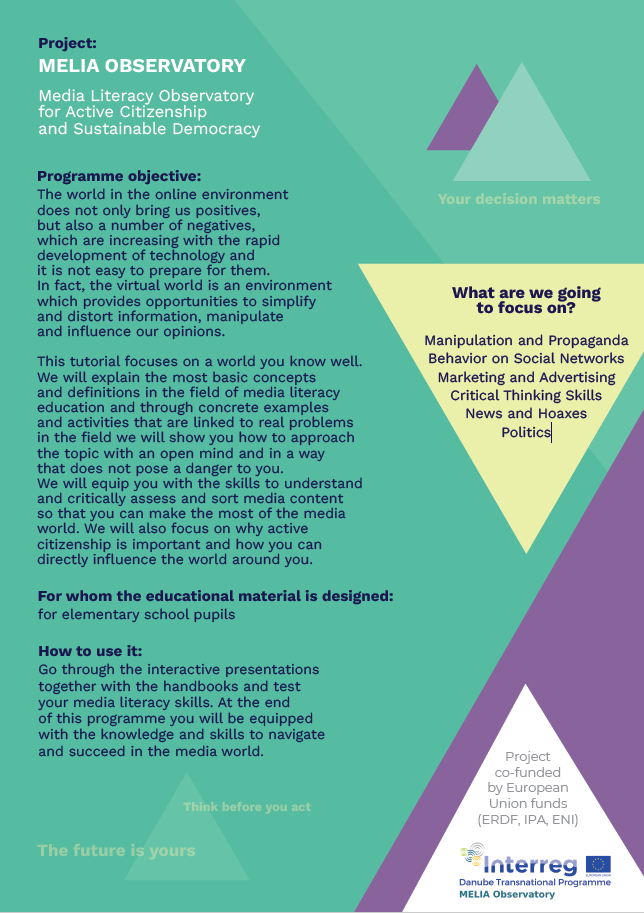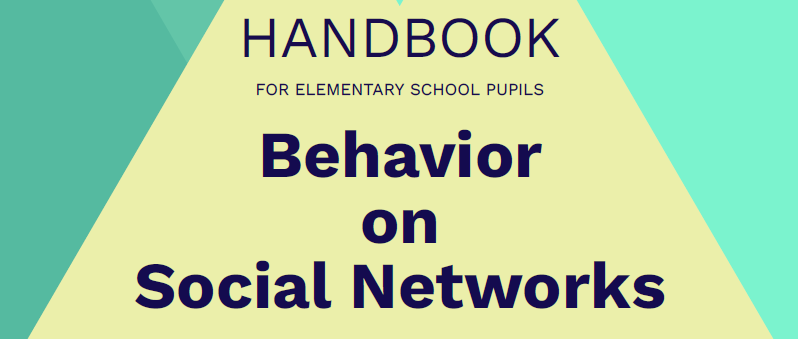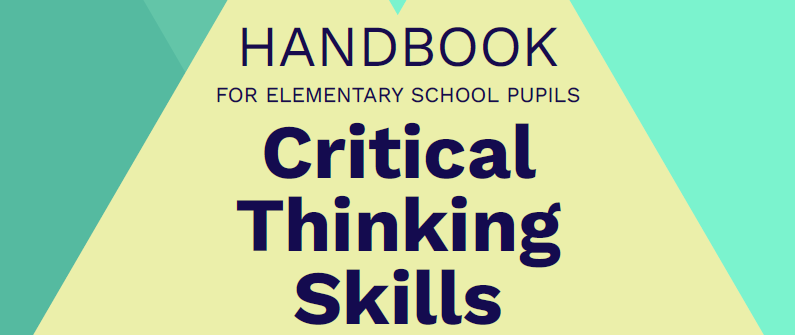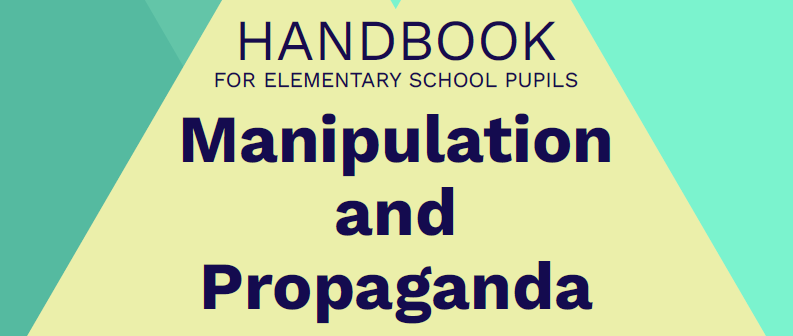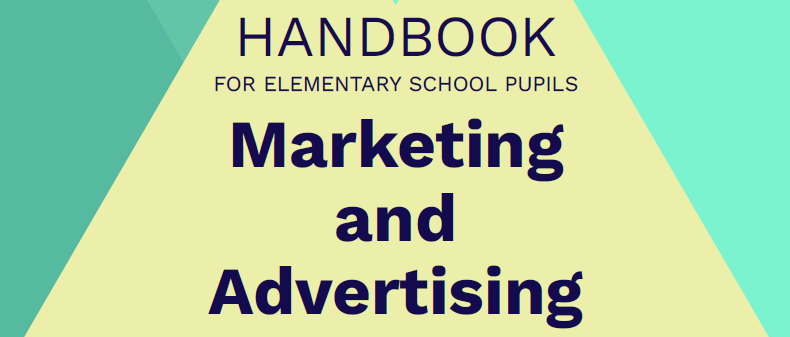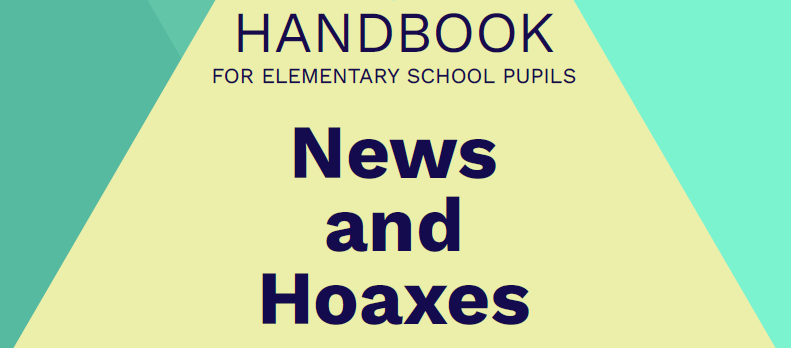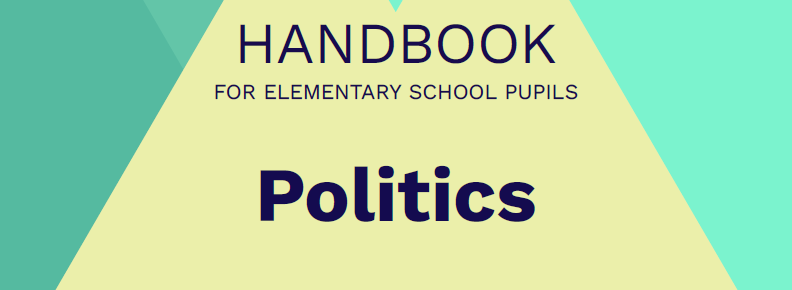MELIA Observatory Media Literacy Observatory for Active Citizenship and Sustainable Democracy
MATERIALS for pupils
The world in the online environment does not only bring us positives, but also a number of negatives, which are increasing with the rapid development of technology and it is not easy to prepare for them. In fact, the virtual world is an environment that provides opportunities to simplify and distort information, manipulate and influence our opinions.
This tutorial focuses on a world you know well. We will explain the most basic concepts and definitions in the field of media literacy education and through concrete examples and activities that are linked to real problems in the field, we will show you how to approach the topic with an open mind and in a way that does not pose a danger to you.
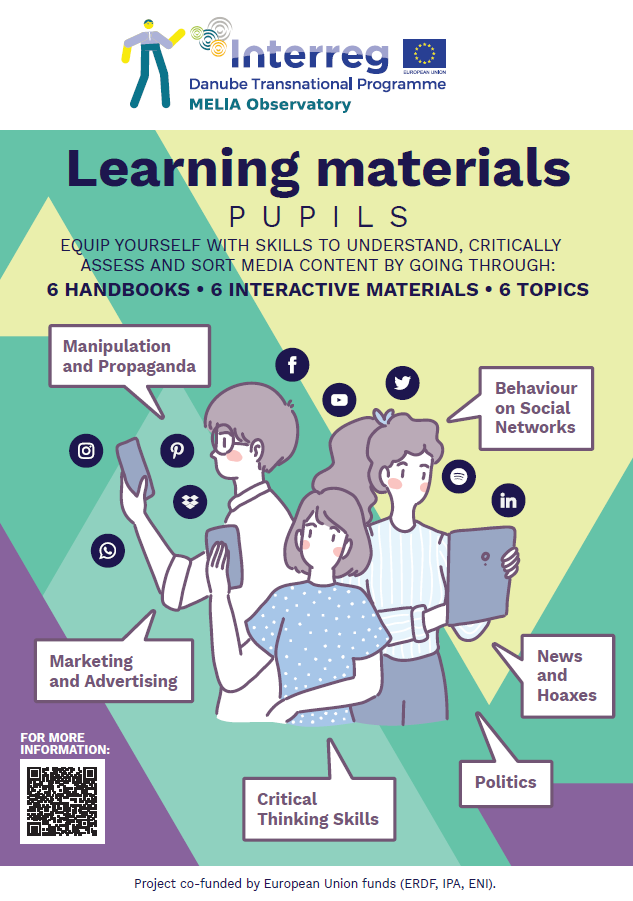
|
||||||||
|
||||||||
|
||||||||
|
||||||||
|
||||||||
|
||||||||
